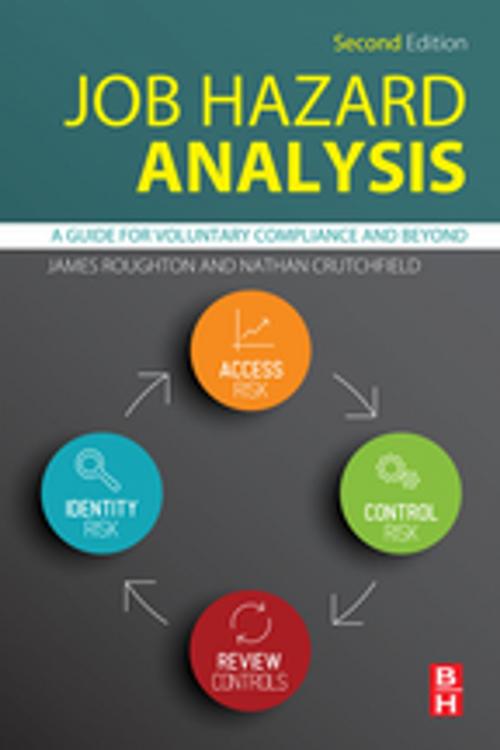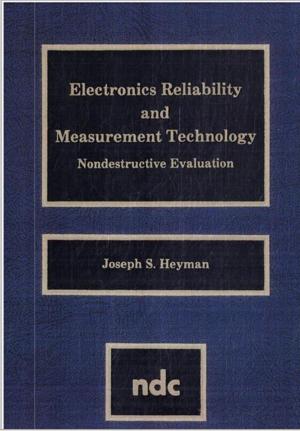Job Hazard Analysis
A Guide for Voluntary Compliance and Beyond
Nonfiction, Science & Nature, Technology, Industrial Health & Safety, Health & Well Being, Health, Safety| Author: | James Roughton, Nathan Crutchfield | ISBN: | 9780128034422 |
| Publisher: | Elsevier Science | Publication: | November 25, 2015 |
| Imprint: | Butterworth-Heinemann | Language: | English |
| Author: | James Roughton, Nathan Crutchfield |
| ISBN: | 9780128034422 |
| Publisher: | Elsevier Science |
| Publication: | November 25, 2015 |
| Imprint: | Butterworth-Heinemann |
| Language: | English |
Job Hazard Analysis: A Guide for Voluntary Compliance and Beyond, Second Edition, provides a complete reference for performing JHA and setting up a JHA program. The book identifies the basic job steps and tasks, their associated hazards and risks, and safe operating procedures and hazard controls based on this analysis.
Authors James Roughton and Nathan Crutchfield argue that the JHA should be the centerpiece of any risk control and occupational safety and health program. However, the traditional JHA has potential problems in gathering and analysis of task data and, with its focus on the sequence of steps, can miss the behavioral effects and the systems interactions between tools, equipment, materials, work environment, management and the individual worker.
The concepts are presented for the JHA, incorporating elements from Behavior-Based Safety and Six Sigma. Readers are taken through the whole process of developing tools for identifying workplace hazards, developing systems that support hazard recognition, developing an effective JHA, and managing a JHA based program that can be easily incorporated into occupational safety and health management systems, thus allowing businesses to move from mere compliance to a pro-active safety management. The book is supported by numerous examples of JHAs, end of chapter review questions, sample checklists, action plans, and forms.
- Provides a basic understanding of the JHA process and a more in-depth background on the human performance improvement for a successful JHA program implementation
- Methodically develops the risk assessment basics needed within the JHA process
- Presents expanded resources that are useful in safety systems
- Incorporates elements from Behavior-Based Safety and Six Sigma
Job Hazard Analysis: A Guide for Voluntary Compliance and Beyond, Second Edition, provides a complete reference for performing JHA and setting up a JHA program. The book identifies the basic job steps and tasks, their associated hazards and risks, and safe operating procedures and hazard controls based on this analysis.
Authors James Roughton and Nathan Crutchfield argue that the JHA should be the centerpiece of any risk control and occupational safety and health program. However, the traditional JHA has potential problems in gathering and analysis of task data and, with its focus on the sequence of steps, can miss the behavioral effects and the systems interactions between tools, equipment, materials, work environment, management and the individual worker.
The concepts are presented for the JHA, incorporating elements from Behavior-Based Safety and Six Sigma. Readers are taken through the whole process of developing tools for identifying workplace hazards, developing systems that support hazard recognition, developing an effective JHA, and managing a JHA based program that can be easily incorporated into occupational safety and health management systems, thus allowing businesses to move from mere compliance to a pro-active safety management. The book is supported by numerous examples of JHAs, end of chapter review questions, sample checklists, action plans, and forms.
- Provides a basic understanding of the JHA process and a more in-depth background on the human performance improvement for a successful JHA program implementation
- Methodically develops the risk assessment basics needed within the JHA process
- Presents expanded resources that are useful in safety systems
- Incorporates elements from Behavior-Based Safety and Six Sigma















